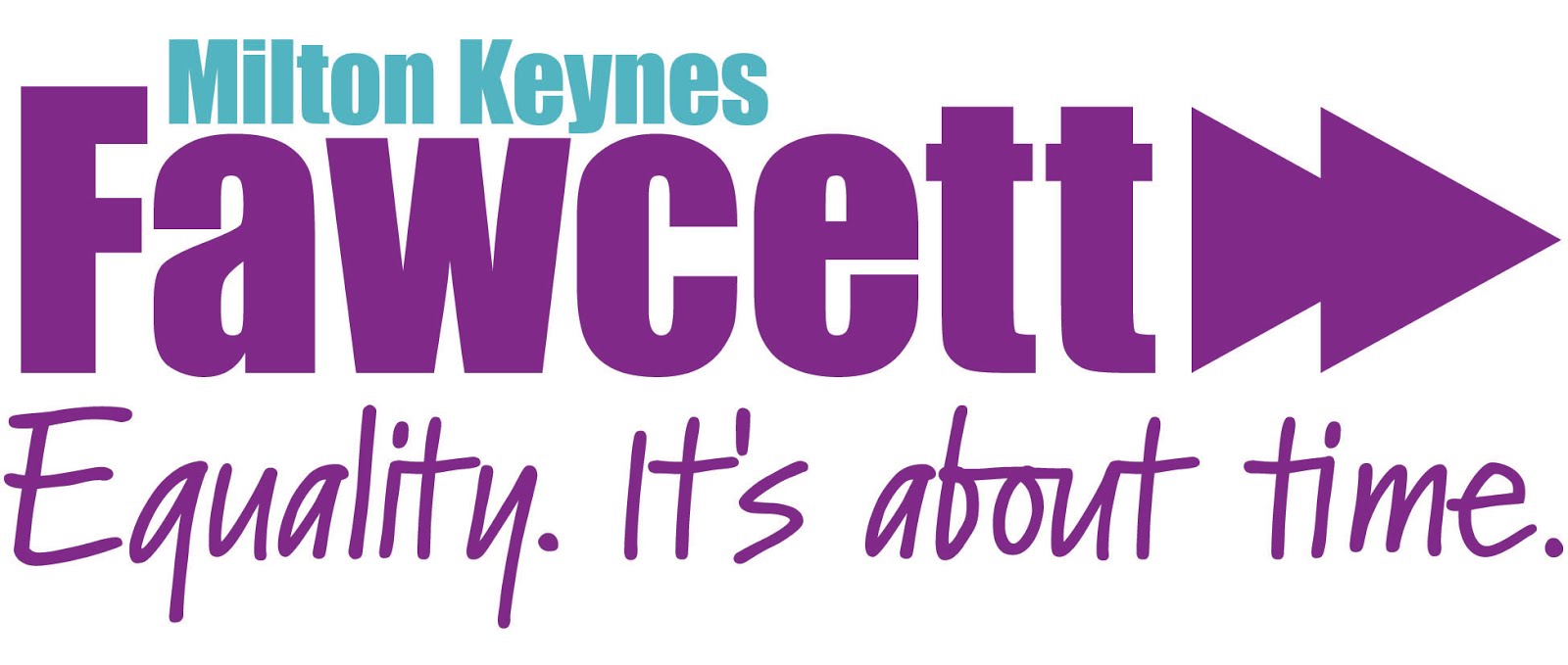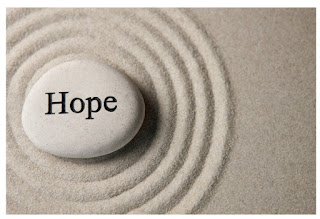Striking Women

STRIKING WOMEN Lysistrata In 411 BC, Lysistrata, a bawdy comedy, by Aristophanes, had ‘em rolling in the amphitheatres of Ancient Greece. The play is often performed today with a strong feminist slant, although if you look carefully the politics are probably a bit dodgy. Lysistrata, the heroine, is tough, principled and resolute. She’s fed up with the ongoing war between Athens and Sparta, so encourages the women of Greece to go on a sex strike and stop sleeping with men until peace is declared. They all solemnly agree. After lots of slapstick, including the older women of Athens seizing the Akropolis and pouring water over a chorus of decrepit old men who are trying to smoke them out, all the men gather (exhibiting physical signs of extreme desperation), and peace is agreed. Of course it’s a bit ironic that all the actors in Ancient Greece would have been men, but the ideas in the play have continued to resonate. And it is very funny. A millennium or so later…. Women working in app





